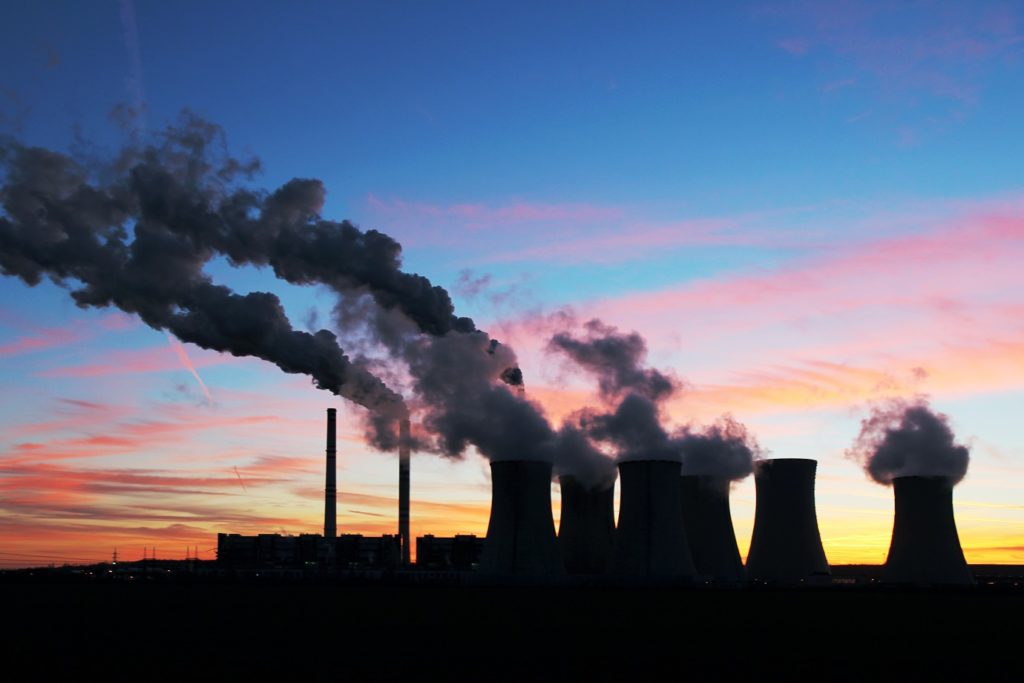Air pollution is one of the leading environmental problems in Australia. It is caused by a variety of sources, including emissions from vehicles and industry, smoke from bushfires and dust from farming and construction activities. Air pollution can have serious health impacts, including respiratory problems, heart disease and cancer.
In 2021, Australia ranked 109 globally among the 118 countries in terms of air pollution. However, despite the good standard of air quality, it is estimated that 5,000 people die from diseases related to exposure to air pollution.
There are many causes of air pollution in Australia, but the most common and damaging pollutant in Australia is particulate matter (PM). PM is made up of tiny particles that are emitted into the air, often from burning fossil fuels. Burning coal for electricity produces around two-thirds of Australia’s total greenhouse gas emissions. Other important sources of air pollution include:
- transport – including cars, trucks, buses, planes and trains
- industrial processes – such as smelting and manufacturing
- agriculture – particularly livestock farming
- home heating and cooking – using wood heaters or BBQs.
So, how do you help stop air pollution in Australia? Here are seven ways to consider.
Use Low-Emitting Home Heating and Cooling Options
As we know, heating and cooling units are some of the main culprits when it comes to air pollution. If you’re looking for ways to reduce your impact, consider switching to low-emitting options for your home. Several different products on the market can help you do this, so be sure to do your research before making a purchase.
One option is to install solar panels on your roof. This will not only provide you with renewable energy, but it will also help to offset some of the emissions from your home. Solar panels are a great long-term investment and can save you money on your energy bills in the long run.
Also, consider investing in an air purifier or aircon filters. Air purifiers can help to remove harmful particles from the air in your home, making it healthier for you and your family. There are a number of different types of air purifiers on the market, so be sure to choose one that’s right for your needs.
Switch to Public Transportation
In Australia, public transport systems include buses, trains and ferries. These modes of transportation emit far less pollution than cars and other private vehicles.
For example, a diesel bus emits about 37% less carbon dioxide than a passenger car. And, electric trains produce no emissions at all. So, using public transport can make a big difference in reducing air pollution.
In addition to being better for the environment, public transport is also generally more affordable than driving your car. It can also save you time by avoiding traffic congestion. If you’re looking for ways to reduce air pollution in Australia, consider switching to public transport.
Recycle and Reuse Materials
Recycling and reusing materials help reduce the amount of pollution that is produced. When you recycle, you are preventing materials from being sent to landfills where they will release methane gas, which is a potent greenhouse gas. Reusing materials also reduces the need to produce new products, which can save energy and resources.
Encourage Better Urban Planning and Design
There are many ways to reduce air pollution through better urban planning and design. One way is to create more green space in cities. This can be done by planting trees and plants, which will help to absorb pollutants from the air.
Another way is to improve public transport systems so that fewer cars are needed on the roads. This can be done by increasing the frequency and reliability of public transport or by creating dedicated bus lanes or cycle paths. Finally, it is important to encourage people to walk or cycle instead of driving when possible, as this will also help to reduce air pollution.
Encouraging better urban planning and design is a great way to reduce air pollution in Australia. By creating more green space and improving public transport, we can make our cities cleaner and healthier places to live.
Reducing Deforestation
Deforestation is one of the leading causes of air pollution. By reducing the number of trees that are cut down, we can help to reduce the amount of pollution in the air. Several ways to do this are planting trees, preventing illegal logging and working with companies to reduce their impact on forests.
Trees and plants help purify the air by absorbing pollutants and releasing clean oxygen. You can help improve air quality in your community by planting trees and other plants.
Support Renewable Energy Projects
One of the most effective ways to fight air pollution is to support renewable energy projects. Solar, wind and hydroelectric power are all clean sources of energy that can help reduce our reliance on polluting fossil fuels. You can support renewable energy projects in your area by investing in them, voting for politicians who support them or simply spreading the word about their benefits.
Educate the Public on Air Pollution and Its Effects
To help stop air pollution, you can educate the public on what it is and how it can affect their health. You can hold workshops, seminars or conferences. Additionally, you can create educational materials, such as pamphlets or brochures, which can be distributed to schools and community centers.
Conclusion
There are several ways to reduce air pollution, but the most effective method is to switch to cleaner energy sources. This means using renewable energy sources like solar and wind power instead of coal and gas.
Reducing deforestation and planting trees and vegetation can help filter out harmful particulates from the air. Other personal efforts you can do to minimise pollution include recycling materials, using better cooling and heating options at home, and choosing to take public transportation. You can also advocate for green urban spaces, educate the public and support renewable energy projects for cleaner air.


























